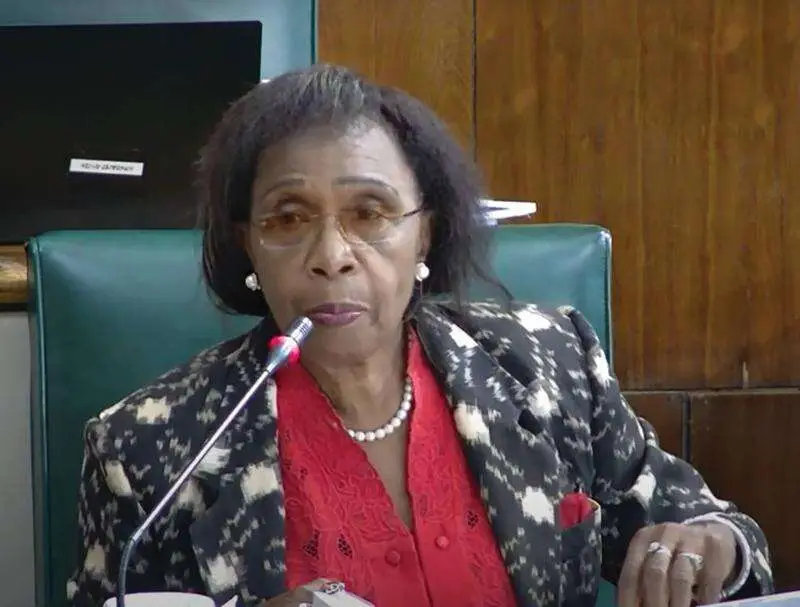
Procedural pickle
PARLIAMENTARIANS want to include a protective clause in the Jamaica Teaching Council (JTC) Act to address the situation which currently exists that allows educators who are accused of offences to return to the classroom in instances where there are procedural or administrative foul-ups in disciplinary processes.
The concern was raised by Government Senator Ransford Braham at the first meeting for this year of the joint select committee which has been reviewing the JTC Act. The members were discussing the broader concern of compensation or reimbursement of lost wages for teachers who are proven innocent at the end of the disciplinary process.
“If there is a procedural breach the decision [of the council] is liable to be set aside. The system is being run by human beings, and they make mistakes. There are opportunities for slips so people will have opportunities to challenge matters on procedural grounds. The concern I have is that the procedural ground is established and the automatic remedy is to quash the decision, and the disciplinary body usually would have no power to repeat the process. Some of the alleged [breaches] can be quite egregious, and the egregious breacher returns because a procedural matter wasn’t properly attended to… that doesn’t consider whether the conduct that the teacher was accused of was actually done and so I may be guilty of the conduct but because of a foul-up [I] escape, only to repeat myself some time later. It should be addressed,” Braham stated, stressing that this is a serious problem in the current system.

He said the disciplinary committee must either be able to re-hear the matter or the court sholud be given express power to take the decision not to reinstate the person.
Head of the JTC, Dr Winsome Gordon stressed that, “We have had the practical experience of a teacher being returned to the classroom because of procedural breaches but, whatever the procedural breaches, we must give consideration to the best interest of the child. It cannot be that the person is found guilty of interfering with children but there was some procedural errors and then the person returns to the classroom. We must of necessity consider the best interest of the child when the decision is being made.”
Agreeing with the position, Member of Parliament for St Elizabeth South Western Floyd Green noted that once there is no significant miscarriage of justice against the teacher, where there is overwhelming evidence of wrongdoing such persons shouldn’t be able to return due to a procedural breach.

Nadine Wilkins, assistant director in the Legal Reform Department of the Ministry of Justice, pointed out that if an act allegedly committed by a teacher is considered disadvantageous to a child it would cross into the realm of a criminal matter and be outside of the purview of the JTC.
“I don’t think we should be thinking of it then as something that would be solely within the purview of the council anymore. Sounds to me that that teacher should be dealt with in a different way, so consideration of return to the classroom could only come after they have been released by the court.”
At the same time, Trelawny Northern MP Tova Hamilton cautioned that, “We also have to contemplate that not every complaint or allegation may rise to the level of criminality and if we go that route we will create a lacuna, so we have to be careful about that as well.”

Meanwhile, a bid by The University of the West Indies School of Education to set reasonable time limits for the appeals tribunal to make its decision, in order to ensure accountability, was rejected as members felt any fixed time limit would box in the JTC, forcing it to hasty decisions.
The UWI School of Education in its submission had reasoned that the current provision, which speaks to 28 days or “such longer period as the tribunal may reasonably require”, would force individuals whose professional future or reputation hang in the balance to wait for an indeterminate period to know their fate. The university argued that this runs counter to acceptable human rights and judicial practice.
But the majority of members insisted that the council should not be restricted in this manner. Braham, while noting that leaving the period open-ended could facilitate abuse, said it would be better to give the tribunal the flexibility “and hope that they will be disciplined. I think it should remain exactly as is”.
The committee agreed for the period to be increased to 42 days with the option for the council to take longer periods, where necessary, to submit their decision.























